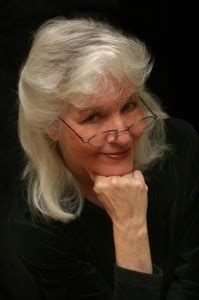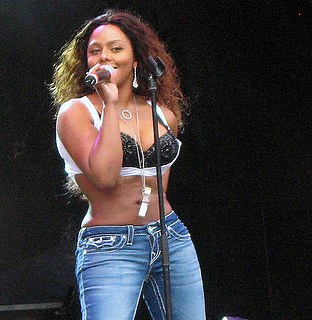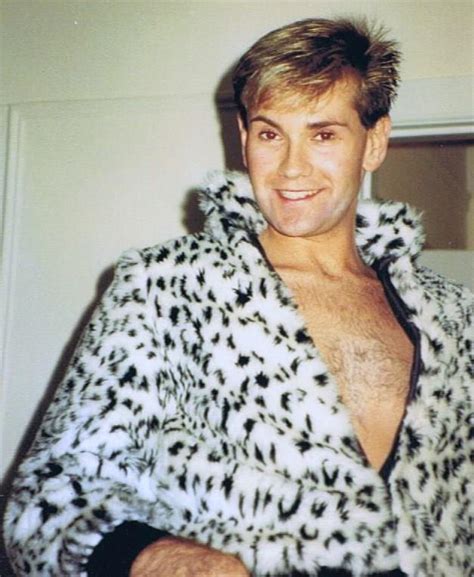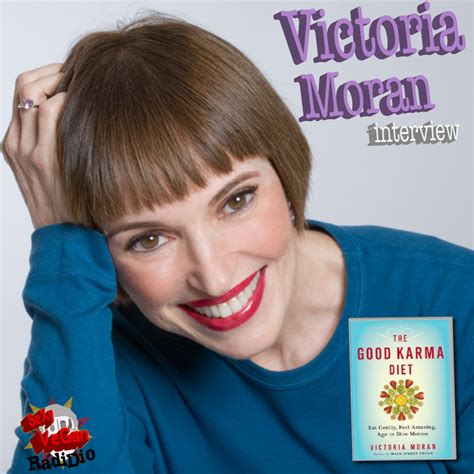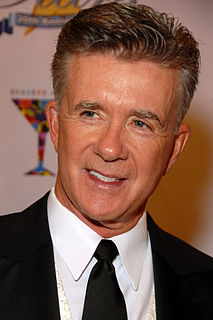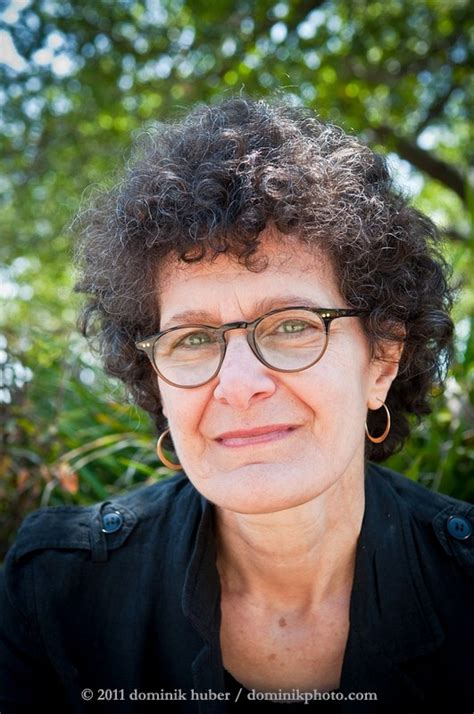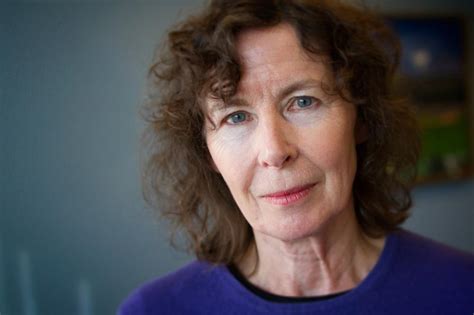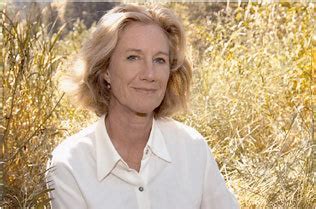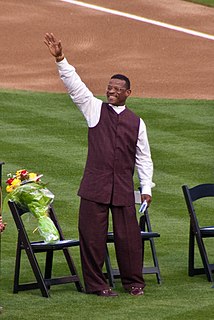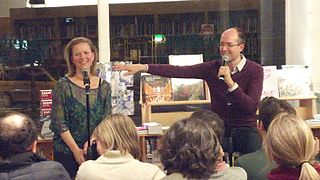A Quote by Mary Blakely
What stunned me was the regular assertion that feminists were "anti-family." . . . It was motherhood that got me into the movementin the first place. I became an activist after recognizing how excruciatingly personal the political was to me and my sons. It was the women's movement that put self-esteem back into "just a housewife," rescuing our intelligence from the junk pile of "instinct" and making it human, deliberate, powerful.
Quote Topics
Related Quotes
Two things were falling apart, my personal life, my professional life. And I realized that all those things were supposed to make me happy, but nothing could fill me up except myself. So I went into analysis. I went to see a doctor, to talk about my lack of self-esteem. I don't know how to say it better: my lack of self-esteem, my insecurity, and how these things were not going to fill me up. And I'd better fix myself and then find out what I liked. For me, therapy was the greatest gift I could ever give myself. There's nothing I could have done for myself that would've been better.
Something I say a lot when it comes to anti-feminist stereotypes is that they exist for a reason. The stereotypes of feminists as ugly, or man-haters, or hairy, or whatever it is - that's really strategic. That's a really smart way to keep young women away from feminism, is to kind of put out this idea that all feminists hate men, or all feminists are ugly; and that they really come from a place of fear. If feminism wasn't powerful, if feminism wasn't influential, people wouldn't spend so much time putting it down.
I really did feel like I was surrounded by family members. I didn't have a dad, and I remember there were all these guys - in the old days, there were no women, except a makeup artist or, occasionally, a script supervisor. So there were just guys who taught me how to, you know, whittle wood, or how to pull focus, and what the camera was doing. And if I was being bratty, they'd sit me down and tell me. There were lots of rules about not being late and making sure that you didn't spill anything. So it felt a little bit like I was in a family.
For me, what is political is very personal. Politics are not this abstract idea. Laws are the rules that dictate how we live our lives. What we eat is political. How we dress is political. Where we live is political. All of these things are influenced by political decision-making, and it's important to be part of the process.
In How to Be an American Housewife Margaret Dilloway creates an irresistible heroine. Shoko is stubborn, contrary, proud, a wonderful housewife and full of deeply conflicted feelings. I wanted to shake her, even as I was cheering her on, and this cunningly structured novel allowed me to do both. It also took me on two intricate journeys, from post-war Japan and the shadow of Nagasaki to contemporary California, and from motherhood to daughterhood and back again. A profound and suspenseful debut.
Let's just call what happened in the eighties the reclamation of motherhood . . . by women I knew and loved, hard-driving women with major careers who were after not just babies per se or motherhood per se, but after a reconciliation with their memories of their own mothers. So having a baby wasn't just having a baby. It became a major healing.
If you realized how powerful your thoughts are, you would never think a negative thought. They can be a powerful influence for good when they're on the positive side, and they can and do make you physically ill when they're on the negative side. I don't eat junk foods and I don't think junk thoughts! Let me tell you, junk thoughts can destroy you even more quickly than junk food. Junk thoughts are something to be wary of.
A good friend of mine took me out and had me hit off a tee. He made me understand what was my strike zone and - with my speed - the importance of making contact. So I give him a lot of credit for changing my game and making me the player I became. He showed me how to work on me and my game, and not worry about patterning myself after someone else and focusing on what they were capable of doing rather than what I was capable of doing.
